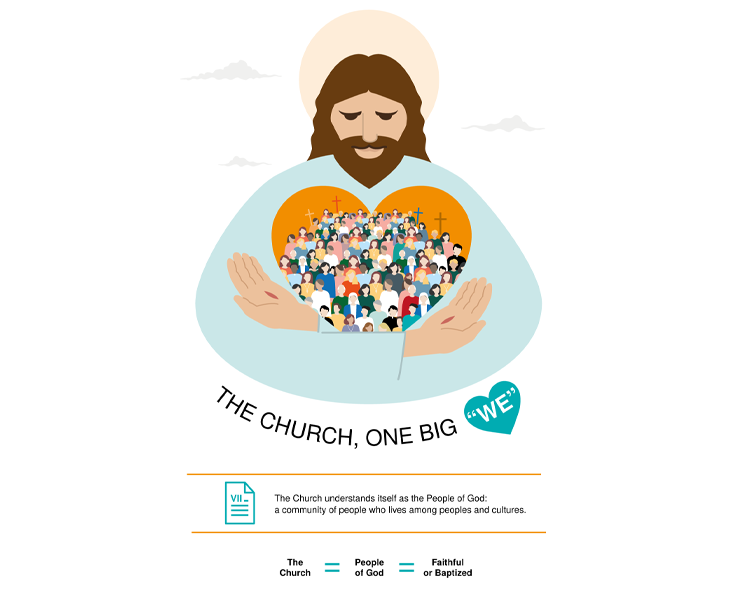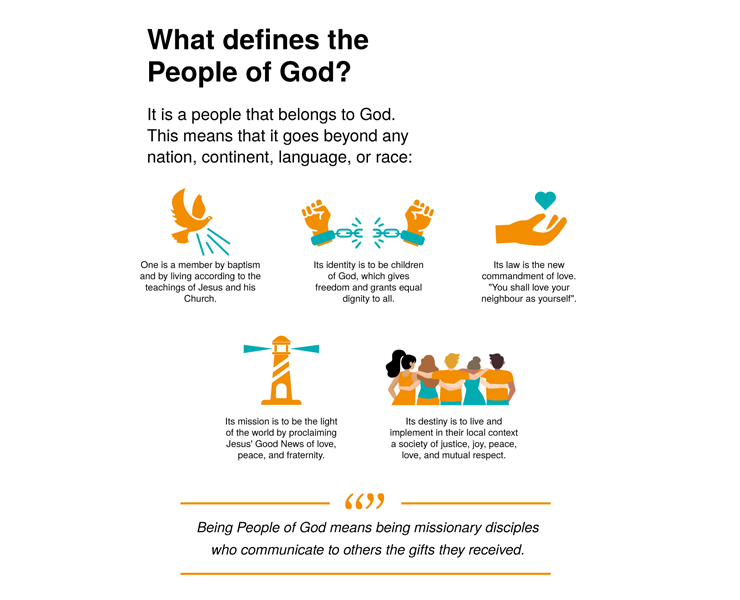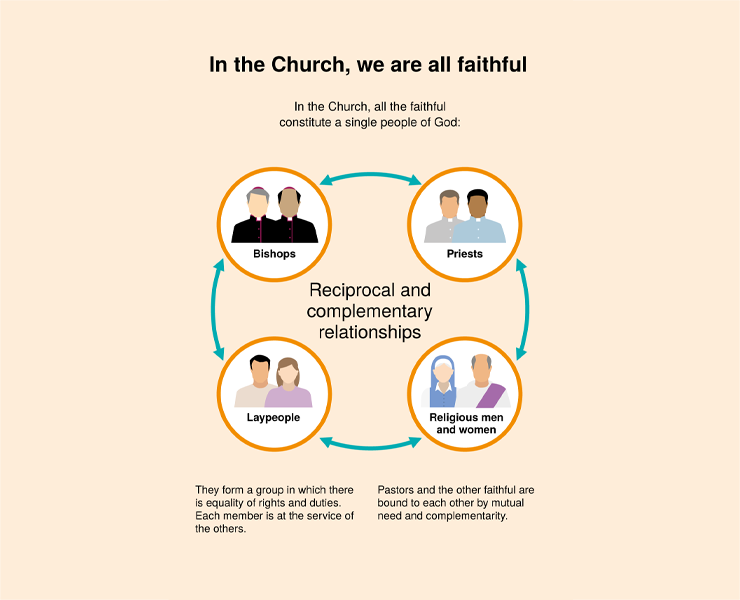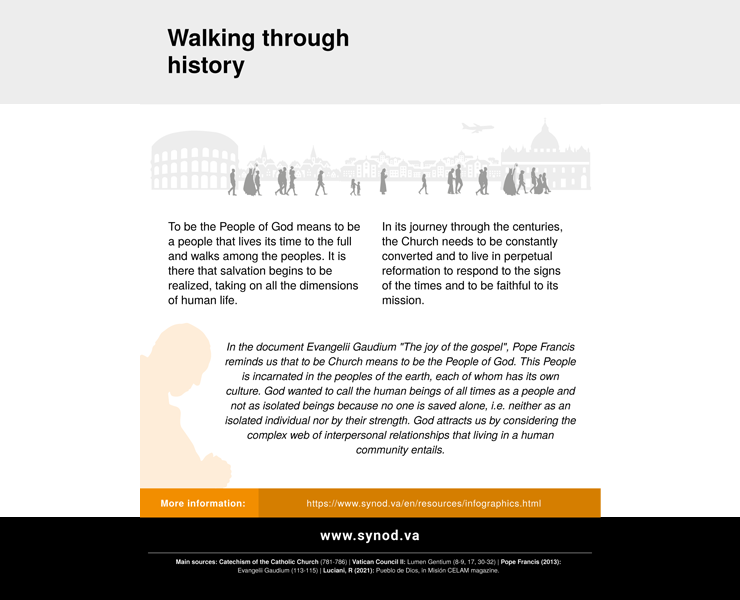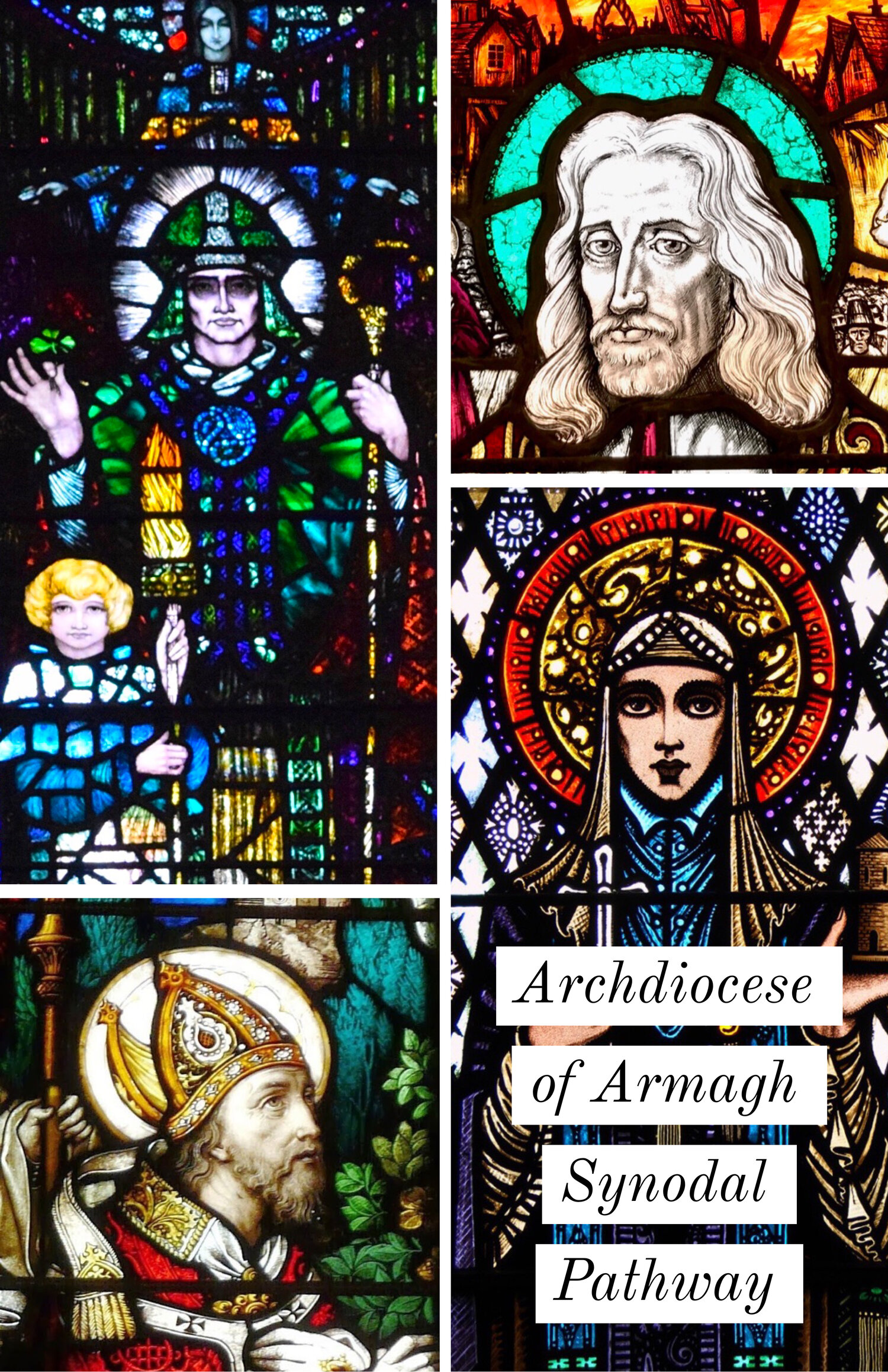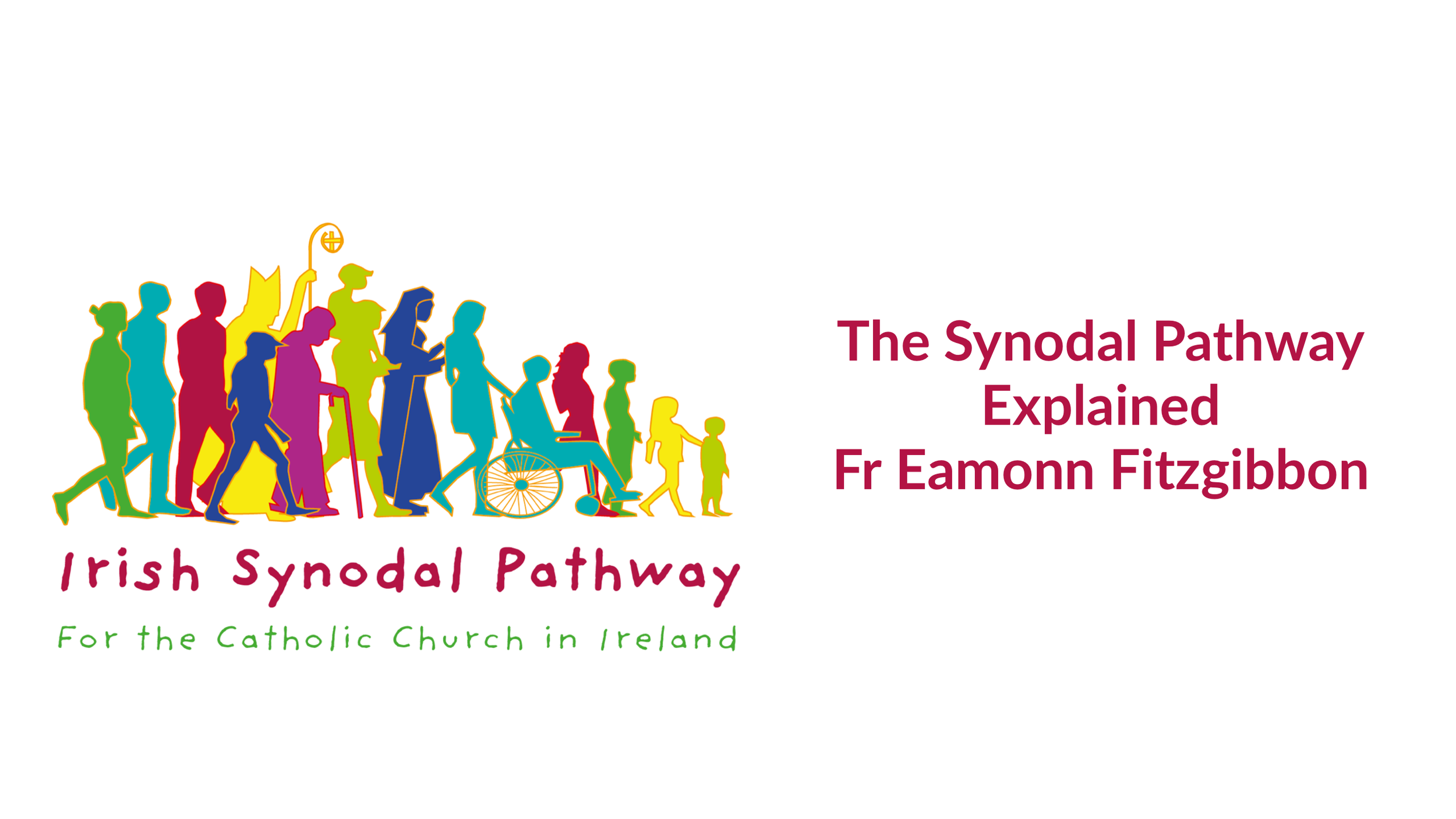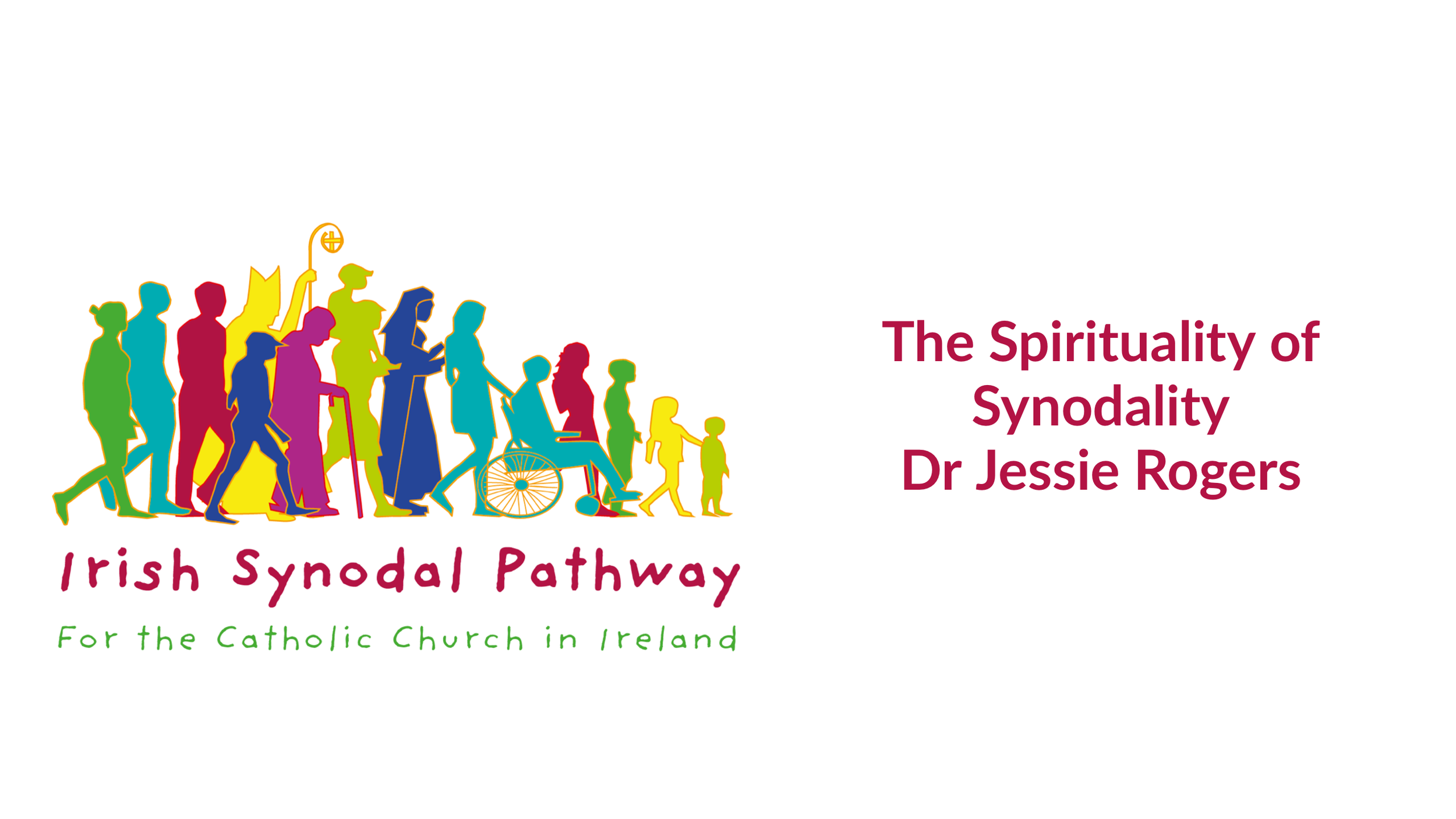Moving Forward Together on the Synodal Journey
Over two years ago, Pope Francis launched a worldwide listening process in the Church, known as the Synodal Process. This time of reflection and discussion has been leading us towards the Synod gatherings in Rome, initially in October 2023 and now looking forward to October 2024. We are deeply grateful to all those people across the Archdiocese of Armagh who participated, including a significant number of young people. Your input has been invaluable in shaping our journey so far.
On July 9, 2024, the Holy See Press Office released the Instrumentum Laboris, the guiding text for the second session of the XVI Ordinary General Assembly of the Synod of Bishops. This document addresses crucial themes such as transparency, accountability, and the role of women in the Church, emphasizing our call to be a missionary synodal Church.
Reflecting on Our Synodal Journey
The journey thus far has been profound. We have engaged in extensive consultations, including the diocesan and continental phase and have already identified priorities for the Archdiocese and its communities. Our response to the "Towards October 2024" document has been included in the Irish submission to the General Secretariat for the Synod which has been integrated into the Instrumentum Laboris for the October 2024 document, we encourage all to access this document. Click Here for Link
Key Themes of the Instrumentum Laboris
Valuing Women in the Church
The Instrumentum Laboris highlights the need for greater recognition and participation of women across all Church activities. It calls for more inclusive decision-making processes and access to leadership roles, reflecting our commitment to equality and inclusivity within our faith community.
Transparency and Accountability
A culture of transparency and accountability is essential for a synodal Church. The document emphasizes the importance of regular evaluations and annual reports on asset management and safeguarding initiatives, aiming to rebuild trust and co-responsibility among the faithful.
Relationships and Community Discernment
Fostering strong relationships with God, among Church members, and between local Churches is central to being a synodal Church. The document encourages paths of formation and community discernment that promote participation and responsibility for all, ensuring that the Church remains a source of justice, peace, and hope.
Ecumenical and Interreligious Dialogue
In April 2024, we hosted an ecumenical gathering that aimed to strengthen relationships with other Christian denominations and religious traditions in the Archdiocese of Armagh and the Diocese of Dromore. This event was a significant step towards promoting dialogue and collaboration, reflecting the inclusive spirit of the synodal journey.
Engaging with the Synodal Process
As we continue on this synodal path, we encourage everyone to read in Instrumentum Laboris and all the other documents form the Archdiocese of Armagh, inviting feedback through your parish Pastoral Council or the Diocesan Pastoral Office in Dundalk.
Next Steps on the Path
The freshness and novelty of synodality have been highlighted by many who participated, noting that it was the first time they were officially asked for their opinions. Yet, as theologians remind us, the synodal process is deeply rooted in scripture and tradition, renewed for the benefit of the living Church today. As the InstrumentumLaboris states, “if the Church is not synodal, no one can really feel fully at home.”
Our extensive consultation over the past two years is just the beginning of this synodal journey. We hope that ongoing reflections and consultations within our diocese and beyond will help everyone feel at home in the Church community. We encourage you to engage actively and help renew the mission of the Church as we face the challenges of today and tomorrow together.
The Synod Explained
The language of Synod and Synodality can be difficult to understand and yet this way of being Church has ancient origins in the early Church of the first millennium. Fr Éamonn Fitzgibbon, a priest of the Diocese of Limerick, and Dr Jessie Rogers, Dean of the Faculty of Theology in St. Patrick’s College Maynooth, offer the videos below which explain the processes involved in Synodality and the grounding of our synodal journey in Scripture and Spirituality.
We encourage all to watch both videos.
To learn more about the Synodal Pathway, its processes and timeline watch the video above.
To learn more about the Synodal Pathway and its grounding in Spiritual Listening watch the video above.
